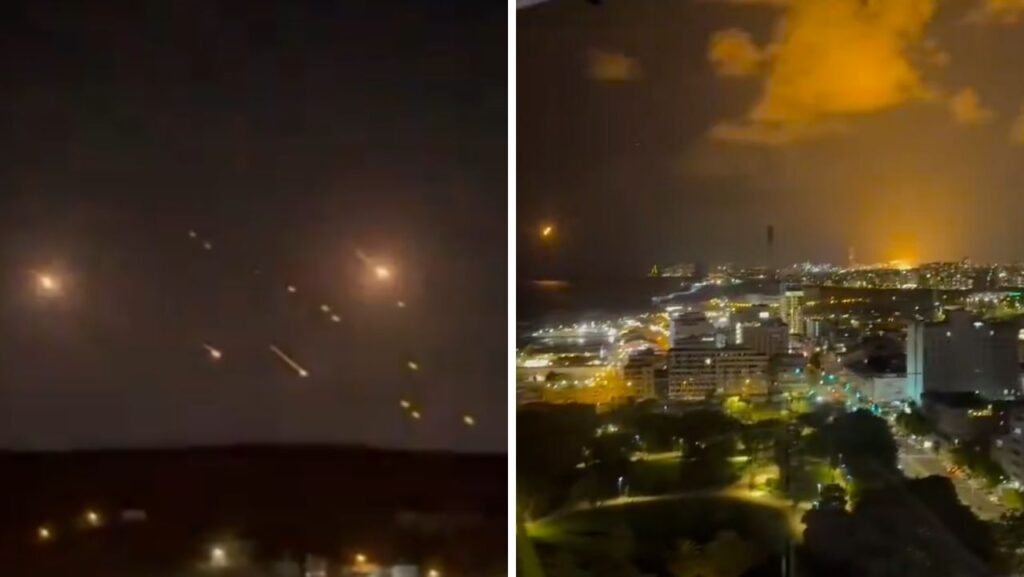Iran’s Islamic Revolutionary Guard Corps (IRGC) launched its second missile attack against Israel in less than six months, targeting military bases on Tuesday. Dubbed Operation True Promise II, this attack differed from Iran’s earlier strike in April, showcasing a higher degree of technological sophistication and strategic ambition.
Iran deployed hypersonic missiles for the first time in this operation, marking a technological advancement over the older drones and ballistic missiles used in April’s Operation True Promise. The IRGC claimed that 90 per cent of its missiles successfully hit their targets, despite Israel’s advanced defence systems.
Also read: How Israel’s Allies Responded to Iran Unprecedented Missile Attack with 90% Accuracy
Differences Between April And October Attacks:
Iran used hypersonic missiles for the first time in Operation True Promise II, marking a shift from the older technology drones and ballistic missiles used in the April attack. This latest attack involved a broader array of advanced weaponry.
In April, Iran targeted military bases in remote areas, while this time, urban centres near Tel Aviv were in the crosshairs. Iran claimed a 90 per cent success rate in hitting its targets in this latest attack, despite Israel’s sophisticated defence systems, compared to the high interception rate of missiles in April.
Also read: मुंबई: देश के सपनों के शहर में 1.35 लाख मंथली 2 BHK का रेंट, चार लाख की सिक्युरिटी
Despite no casualties reported on Israel’s side, the proximity of the attack to populated areas signals that Israel’s next response may be far more comprehensive and severe. Resistance groups across the Middle East praised Iran’s operation, raising the potential for further involvement from Hezbollah, Hamas, and other allied factions in the region.











More Stories
Box Office Collection: वीकेंड खत्म होते ही ‘भूल चूक माफ’ की कमाई में भारी गिरावट, जानें बाकी फिल्मों का भी हाल
Kangana Ranaut hails Clint Eastwood for working at 95, calls him ‘yogi’: ‘People like him make artists look so good’
Norway Chess: नॉर्वे शतरंज टूर्नामेंट में विश्व चैंपियन गुकेश ने कार्लसन को हराया, पिछली हार का भी लिया बदला